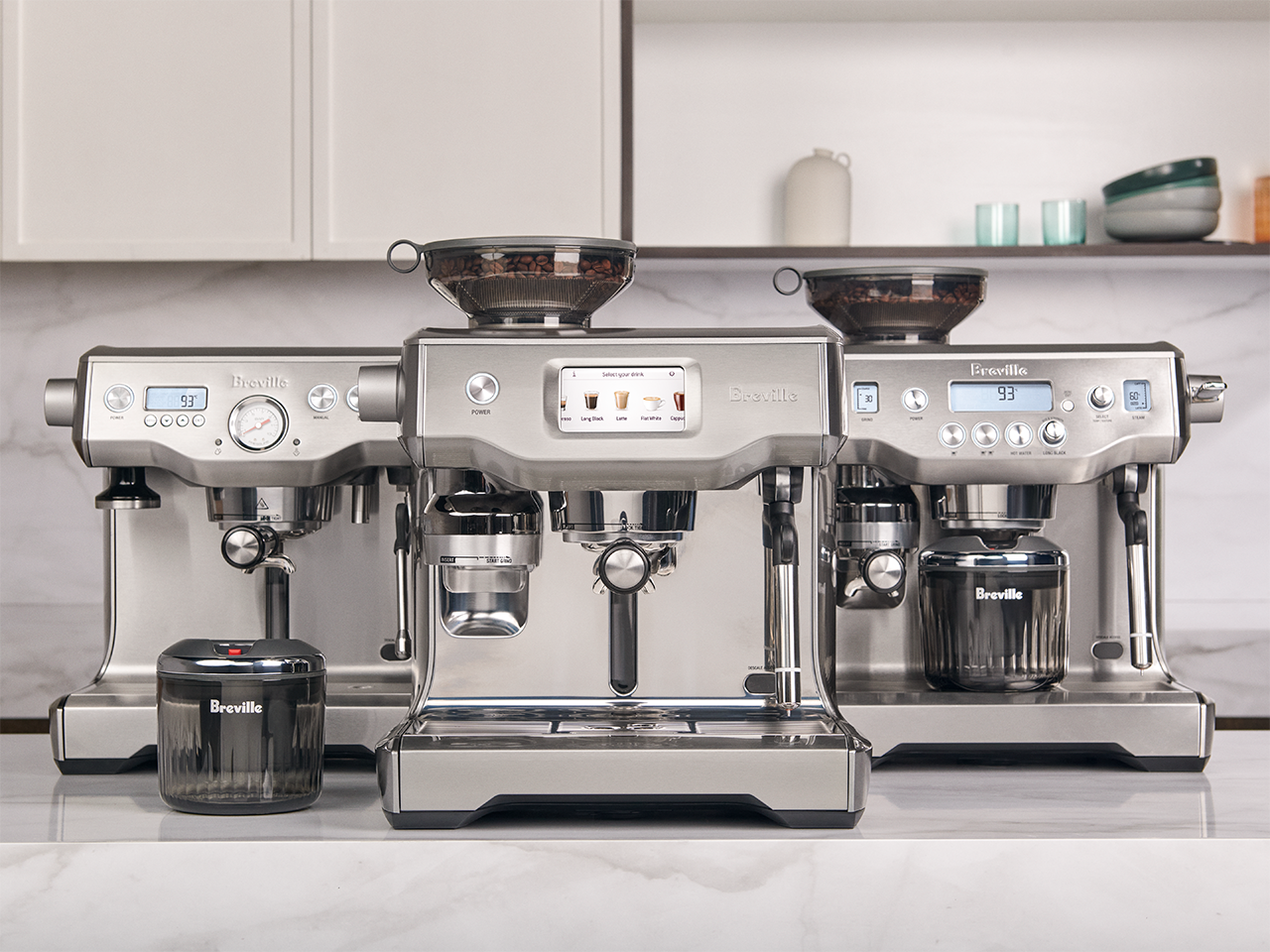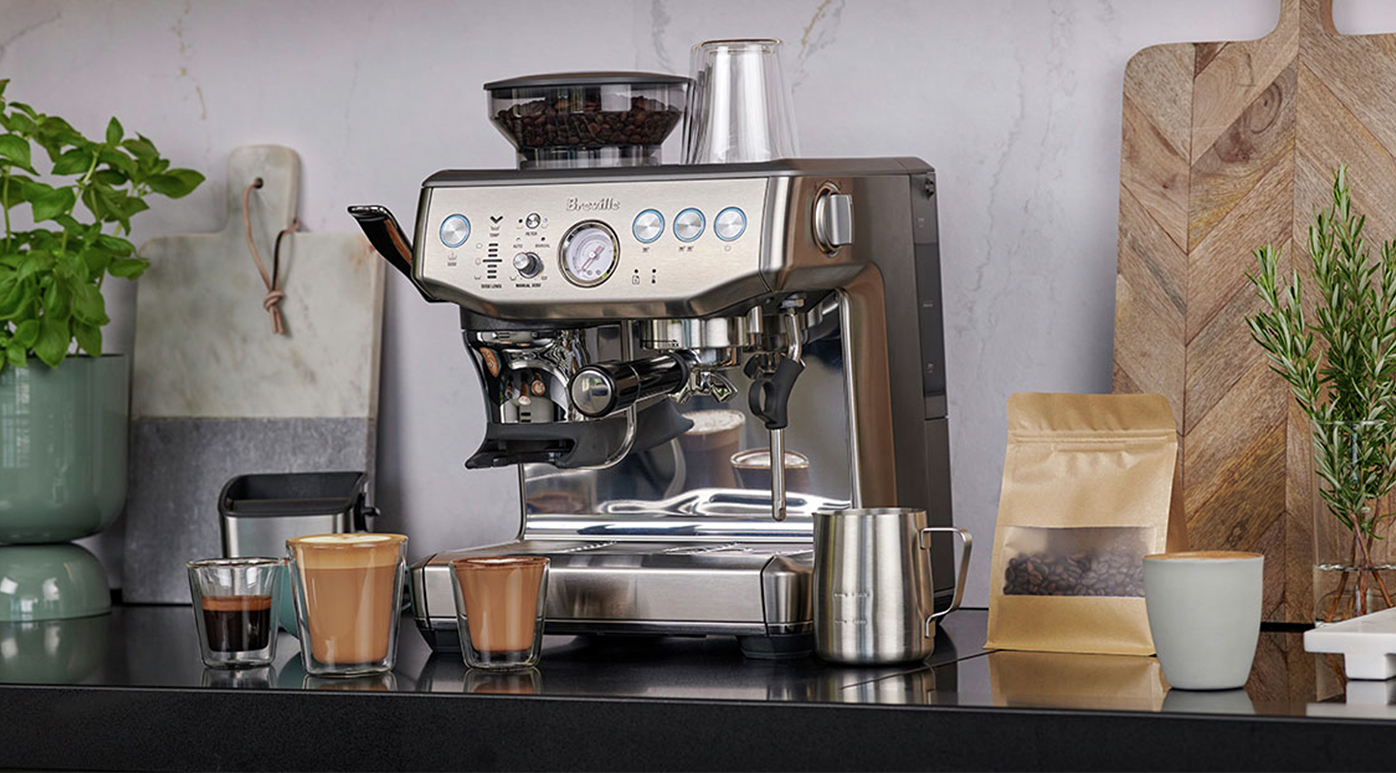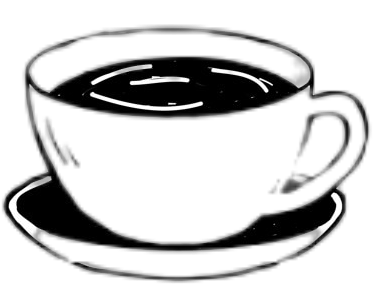
Best Espresso Machines: A Comprehensive Guide
Espresso lovers understand the joy of a perfectly brewed cup, with its rich aroma, bold flavor, and creamy texture. Achieving café-quality espresso at home requires the right equipment, which can be overwhelming given the myriad options available. This guide will help you navigate through the best espresso machines on the market, tailored to various preferences and budgets. From manual to super-automatic machines, we’ll cover their features, pros, cons, and why they might be the perfect fit for your kitchen.
1. Manual Espresso Machines
Manual espresso machines, also known as lever machines, offer the ultimate control over the brewing process. They require a hands-on approach, allowing coffee enthusiasts to adjust pressure and timing manually, which can lead to a superior espresso if done correctly.
Top Picks
La Pavoni Europiccola
- Features: The La Pavoni Europiccola is a classic lever machine that combines timeless design with exceptional functionality. It features a durable brass boiler, pressure gauge, and chrome-plated brass components.
- Pros: Offers complete control over the brewing process, produces high-quality espresso, and has a beautiful design.
- Cons: Requires skill and practice to use effectively, and has a higher price point.
Elektra Microcasa a Leva
- Features: This machine is known for its stunning aesthetics and reliable performance. It features a brass boiler, pressure gauge, and a heat-exchange system for simultaneous brewing and steaming.
- Pros: Beautiful design, excellent build quality, and precise control over brewing.
- Cons: Expensive and has a steep learning curve.
2. Semi-Automatic Espresso Machines
Semi-automatic machines strike a balance between control and convenience. They automate the water pressure but allow users to control the grind size, tamping, and extraction time. This type of machine is ideal for those who want to hone their barista skills without going fully manual.
Top Picks
Breville Barista Express
- Features: The Barista Express includes a built-in conical burr grinder, digital temperature control, and a steam wand for frothing milk. It also has a user-friendly interface.
- Pros: All-in-one design, great value for money, and easy to use.
- Cons: Requires regular cleaning and maintenance.
Gaggia Classic Pro
- Features: This machine features a commercial-style 58mm portafilter, a dual heating element boiler, and a three-way solenoid valve for dry puck removal.
- Pros: Durable build, excellent espresso quality, and reasonably priced.
- Cons: Lacks a built-in grinder and has a basic design.
3. Automatic Espresso Machines
Automatic espresso machines take convenience a step further by automating the extraction process. They allow users to set the extraction time and water volume, making it easier to achieve consistent results.
Top Picks
DeLonghi La Specialista
- Features: La Specialista comes with a built-in grinder, smart tamping station, and dual heating system. It also has a sensor grinding technology for precise dose control.
- Pros: Easy to use, consistent results, and excellent value for money.
- Cons: Bulky design and slightly noisy.
Rancilio Silvia
- Features: This machine is equipped with a commercial-grade group head, a powerful steam wand, and a brass boiler for temperature stability.
- Pros: High build quality, great espresso quality, and powerful steaming capabilities.
- Cons: No built-in grinder and requires a separate grinder purchase.
4. Super-Automatic Espresso Machines
Super-automatic machines are the epitome of convenience. They handle everything from grinding the beans to frothing the milk, with minimal user intervention. These machines are perfect for those who want a quick and hassle-free espresso experience.
Top Picks
DeLonghi Eletta Explore
- Features: The Eletta Explore features a built-in grinder, milk frothing system, and customizable settings for different coffee drinks. It also includes a hot and cold brew option.
- Pros: Extremely convenient, versatile, and easy to clean.
- Cons: Expensive and large footprint.
Philips 5400 Series
- Features: This machine comes with a built-in ceramic grinder, LatteGo milk system, and intuitive touch display. It offers multiple beverage options at the touch of a button.
- Pros: User-friendly, low maintenance, and excellent milk frothing.
- Cons: Higher price point and plastic components.
5. Budget-Friendly Espresso Machines
Not everyone needs or can afford high-end espresso machines. Budget-friendly options can still deliver good espresso without breaking the bank.
Top Picks
DeLonghi EC155
- Features: The EC155 features a stainless steel boiler, swivel jet frother, and dual thermostats for controlling water and steam pressure separately.
- Pros: Affordable, compact, and easy to use.
- Cons: Basic features and plastic build.
Mr. Coffee Café Barista
- Features: This machine includes a one-touch control panel, automatic milk frother, and removable milk reservoir.
- Pros: Very affordable, easy to use, and versatile.
- Cons: Limited customization and lower build quality.
6. High-End Espresso Machines
For those who want the best of the best, high-end espresso machines offer exceptional build quality, advanced features, and superior performance.
Top Picks
La Marzocco Linea Mini
- Features: The Linea Mini features a dual boiler system, PID temperature control, and integrated brew group. It's designed to bring professional quality to home espresso making.
- Pros: Outstanding performance, high build quality, and professional features.
- Cons: Very expensive and large.
Rocket Espresso R58
- Features: The R58 includes dual boilers, PID temperature control, and a commercial-grade rotary pump. It also has a sleek stainless steel design.
- Pros: Exceptional build quality, precise control, and stunning design.
- Cons: Expensive and requires counter space.

7. Specialty Espresso Machines
Specialty espresso machines cater to those who want unique features or specific functionalities.
Top Picks
Nespresso Creatista Plus by Breville
- Features: The Creatista Plus uses Nespresso capsules and features an automatic steam wand, multiple milk frothing textures, and a sleek stainless steel design.
- Pros: Easy to use, consistent results, and great for milk-based drinks.
- Cons: Uses proprietary capsules and limited to Nespresso ecosystem.
Flair Espresso Maker
- Features: This manual espresso maker is portable and requires no electricity. It features a stainless steel brew head and lever-operated extraction.
- Pros: Portable, affordable, and eco-friendly.
- Cons: Manual operation and limited to single shots.
8. Commercial-Grade Espresso Machines for Home Use
For serious coffee enthusiasts, commercial-grade machines bring the café experience home with advanced features and robust performance.
Top Picks
Synesso MVP Hydra
- Features: The MVP Hydra features programmable pressure profiling, multiple group heads, and a stainless steel build. It's designed for precision and consistency.
- Pros: Unmatched performance, advanced features, and durable build.
- Cons: Extremely expensive and requires significant space.
Victoria Arduino Black Eagle
- Features: The Black Eagle includes gravimetric technology, T3 temperature control, and a stunning design. It's used in many professional settings for its precision.
- Pros: Professional-grade features, superior build quality, and aesthetic appeal.
- Cons: Very high cost and complex setup.
9. User-Friendly Espresso Machines
User-friendly machines are perfect for beginners or those who prefer a straightforward espresso-making process.
Top Picks
Breville Bambino Plus
- Features: The Bambino Plus heats up in 3 seconds, features automatic milk texturing, and has precise temperature control.
- Pros: Fast heat-up time, easy to use, and compact.
- Cons: Limited control over some brewing parameters.
Nespresso VertuoPlus
- Features: The VertuoPlus uses Nespresso’s Centrifusion technology to brew espresso and coffee with the touch of a button. It also has a motorized brew head and adjustable water tank.
- Pros: Very easy to use, versatile, and quick brewing.
- Cons: Relies on proprietary pods and has limited customization.
10. Factors to Consider When Choosing an Espresso Machine
Budget
Determine how much you’re willing to spend. While high-end machines offer more features, there are excellent budget-friendly options that still deliver great espresso.
Skill Level
Consider your experience with making espresso. Manual and semi-automatic machines require more skill, while automatic and super-automatic machines are more user-friendly.
Space
Evaluate the space you have available. Some machines, especially high-end and commercial-grade models, require significant counter space.
Maintenance
Consider the maintenance requirements of the machine. Super-automatic machines are generally easier to maintain, while manual and semi-automatic machines may require more regular cleaning.
Drink Preferences
Think about what types of espresso drinks you prefer. If you enjoy milk-based drinks, look for a machine with a good steam wand or automatic milk frother.
Conclusion
Choosing the best espresso machine depends on your individual preferences, budget, and skill level. Whether you’re a seasoned barista looking for a high-end machine or a beginner seeking a user-friendly option, there’s an espresso machine out there for you. By considering the factors outlined in this guide and exploring the top picks in each category, you’ll be well on your way to enjoying café-quality espresso in the comfort of your home.
Frequently Asked Questions (FAQ)
What is the best espresso machine for beginners?
For beginners, the Breville Barista Express is a great choice. It combines ease of use with high-quality features
, including a built-in grinder and steam wand.
Do I need a grinder for my espresso machine?
Yes, having a grinder is essential for achieving fresh and flavorful espresso. Burr grinders are recommended for their consistent grind size.
How often should I clean my espresso machine?
Daily cleaning of the portafilter, steam wand, and drip tray is recommended. More thorough cleaning, including descaling, should be done every 1-3 months depending on usage and water hardness.
Can I use regular coffee beans for espresso?
While you can use regular coffee beans, espresso is typically made with a darker roast to bring out the rich, bold flavors. Experiment with different roasts to find your preference.
What is the difference between a single boiler and a dual boiler espresso machine?
Single boiler machines use one boiler for both brewing and steaming, requiring some waiting time between the two processes. Dual boiler machines have separate boilers, allowing for simultaneous brewing and steaming.
How much should I spend on an espresso machine?
The amount you spend depends on your needs and preferences. Budget-friendly machines can cost around $100-$300, while high-end machines can exceed $1,000. Consider what features are most important to you when deciding on your budget.
What type of water should I use in my espresso machine?
Using filtered or bottled water is recommended to prevent mineral buildup and ensure a clean taste. Avoid using distilled water, as it can affect the machine’s sensors and taste of the espresso.
Can I make other coffee drinks with an espresso machine?
Yes, espresso machines can make a variety of drinks, including lattes, cappuccinos, macchiatos, and Americanos. Some machines also have settings for making regular coffee.
What is a super-automatic espresso machine?
Super-automatic espresso machines handle the entire brewing process, from grinding the beans to frothing the milk, with minimal user intervention. They are ideal for those seeking convenience and consistency.
How do I maintain the quality of my espresso shots?
Consistent grind size, proper tamping, and maintaining the correct water temperature are key to achieving high-quality espresso shots. Regular cleaning and maintenance of your machine also play a crucial role.
By choosing the right espresso machine and following best practices, you can enjoy delicious, café-quality espresso at home. Whether you’re a novice or an experienced barista, there’s a machine out there to suit your needs and elevate your coffee experience. Happy brewing!
Different Variation:
- Best Espresso Machines Review
- Top Espresso Machines for Home Use
- Best Home Espresso Machines
- Ultimate Guide to the Best Espresso Machines
- Best Espresso Machines for 2024
- Best Budget Espresso Machines
- Best High-End Espresso Machines
- Best Super-Automatic Espresso Machines
